Article | The evolution of campus antisemitism
December 14th, 2023

By Rabbi Alan Silverstein, Ph.D. MERCAZ Olami, President
When I discuss the war pitting Israel against Hamas — and the worldwide reaction to it — people often ask: “Why is there so much antisemitism/anti-Zionism on American campuses?”
Here are few points to consider gleaned from a variety of podcasts and essays:
Campus antisemitism is the culmination of a 25-year process, says journalist Gary Wexler. Wexler has documented the birth of what has become “the brilliant Palestinian plan to capture the pliable minds of American college students.”
In the 1990s, when the Oslo Accords had generated a lot of optimism, Israelis and Palestinians applied for relevant grants from the Ford Foundation. The foundation sent Wexler and a fellow liberal colleague, Debra London, to meet with individuals on both sides of the Israeli-Palestinian divide. Ford wanted a deeper appreciation of their respective peaceful objectives.
In interviews with Wexler and London, Israelis often referred to Shimon Peres’s dream of “a New Middle East.” They expressed a longing for a “two-state solution,” with Jews and Arabs living together in peace and co-existence. Wexler and London expected similar aspirations from those representing Arab organizations.
They were incorrect. “Co-existence” was not mentioned. The Arabs spoke only of victory, self-governance, statehood. They made no mention of a Jewish state defined by any borders whatsoever. Community organizers like Ameer Makhoul, executive director of Itijaa, an Arab civil rights organization in Israel, “laid out a plan to capture the pliable minds of American college students,” Wexler reported. Patience was necessary; time was “on their side.”
“We will create global pro-Palestinian organizations,” Makhoul told them, as well as PR campaigns and events that will “get more coverage than [the Jews] ever have.” After such PR coverage, Wexler reported, there would unfold a campaign targeting “the campuses.” They would ally themselves with organizations representing people of color who perceive themselves as oppressed and who would be inclined to identify with the Palestinians.
The initial stage of the plan consisted of academic formulations of identity politics and group think. In the fall of 1968 at Cornell University, where I was a student, I remember the introduction of Black Studies courses. At the time, I believed these offerings would be intended for the entire student body. As a political science/history major, I signed on to a seminar addressing North African Liberation Political Theory. At the first session, the classroom was overflowing. The professor explained that the course had been oversubscribed. He then called for the “following students” — all the white students — to exit.
This move accorded merit to multiculturalism — the approach that deemed that members of cultures, races, and ethnicities, particularly those of minority groups, deserve special acknowledgment of their differences within a dominant political culture. The establishment of separate departments, courses, even dormitories was seen as a means of redressing the groups for past exclusion, discrimination, and oppression. The intention was to reverse “the denigration of their contributions and identities in the past.”
Replacing individual student education and moral development with group think took root in colleges all over the country. Longtime Harvard professor Alan Dershowitz shared his personal recollections:
“What happened when Harvard, like other universities, started to build departments based not on intellectual challenges or intellectual curiosity but on ethnic cheering squads — departments of black studies, departments of feminist studies, departments of gay studies, departments of you-name-it— every identity or group gets its own department where they can cheer on their people and not apply a critical analysis to what is going on in society.”
JTS chancellor Shuly Rubin Schwartz pointed as well to the “decline in the study of history, philosophy, and religion in favor of business, technology, and economics,” and the diminishing study of Western and world civilizations, thus eroding “what had been the route to character development, development of a moral code.” This weakens “the opportunity to think, to debate with individual people who differ with you, and thereby confront the big questions of life.”
Another factor in the radicalization of campus culture has been foreign sources of funding for these identity groups/academic departments. This affects who is hired as faculty, who is recruited as students, what type of research is encouraged. It blurs boundaries between classroom teaching and propaganda/indoctrination.
Studies conducted by the Network Contagion Research Institute revealed “The Corruption of the American Mind.” NCRI research unearthed billions of dollars “of foreign, concealed donations to American institutions of higher learning, much of it from authoritarian regimes with notable support from Middle Eastern sources. It reflects or supports heightened levels of intolerance toward Jews, open inquiry, and free expression.”
The U.S. Department of Education revealed over $15,760 billion in unreported funds from 2014 to 2019. The largest sums were received by Carnegie Mellon University, Cornell, Harvard, and MIT. The biggest donor was Qatar ($2.7 billion), followed by England ($1.46), China ($1.23) and Saudi Arabia ($1.065).
An additional element in the campus ideological shift was the impact at Harvard and at many other schools of “Diversity, Equity, and Inclusion.” As Prof. Dershowitz explains, in programs of DEI, diversity is not “diversity of intellectual ideas; it is only diversity of skin color….” Equity is actually the opposite of equality — instead of the equality of the opportunity to succeed, it predetermines the outcome. And inclusion “includes some groups but excludes others, such as Jews and Asians.”
Yet another element in campus anti-Semitism is entitled “intersectionality.” As noted by Israeli professor and author Naomi Graetz, “Intersectionality…posits that systemic oppression affects people differently and is dependent on their color, social class, ability, gender, and other traits…. Intersectionality [affirms that] all oppression is related and connected.”
If you want to be included in defending the rights of vulnerable groups, it is a package deal! Defense of women, of gays/lesbians/transgender people, of special needs individuals, of Native Americans, of Hispanics, and so forth are lumped together. They are bundled with Palestinians and against all “oppressors”—and that group, in this mindset, includes the Jews.
In the words of “New York Times” columnist David Brooks, this group thinking “says we should emphasize the differences among people and not what human beings share.”
“Human communication” among students becomes limited. “If I sit with a fellow student categorized to be in a different group I cannot really communicate with them because we are always at war with one another.”
If a student decides that all Jews “are the colonizers [i.e., oppressors]…then they can have no category in their head for Jewish suffering” — like the violent atrocities that occurred in Israel on October 7. Students remain silent, since they “have no category for that [type of suffering] to be processed.”
With these components of effecting campus life in place, anti-Semitic tropes old and new filled with “new life:” Jews/Israelis have become “colonialists,” “racists,” “privileged whites” and are accused of fomenting “genocide,” demonstrable falsehoods. Nevertheless, Jews are to be “held accountable for the [alleged] pain they are causing.”
Originally published on The Times of Israel




